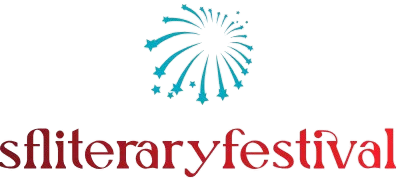Literature has a profound impact on fostering creativity in various ways. It serves as a source of inspiration, imagination, and expression, nurturing the creative abilities and potential within individuals. Here are some key roles that literature plays in fostering creativity:
Stimulating Imagination:
Literature awakens and stimulates the imagination, inviting readers into imaginative worlds and narratives. Through descriptive language, vivid imagery, and compelling storytelling, literature ignites the creative process by expanding the boundaries of what is possible and encouraging readers to envision new ideas and perspectives.
Providing Diverse Perspectives:
Literature introduces readers to diverse characters, settings, and experiences, helping them see the world through different lenses. This exposure to diverse perspectives fosters creativity by challenging assumptions, sparking curiosity, and broadening their understanding of the human condition.
Inspiring New Ideas:
Literature often explores universal themes, complex emotions, and thought-provoking concepts. Reading creatively crafted works can catalyze new ideas, inspiring readers to think critically, reflect deeply, and generate creative solutions to real-world problems.
Encouraging Playfulness with Language:
Literature celebrates the beauty and versatility of language, encouraging readers to experiment with words, rhythm, and style. This playfulness with language cultivates creativity in the way individuals communicate, articulate their thoughts, and express their unique voices.
Nurturing Empathy and Emotional Intelligence: Literature allows readers to connect emotionally with characters and their experiences, fostering empathy and emotional intelligence. This heightened emotional awareness fuels creativity by enabling individuals to tap into their own emotions and the emotions of others, leading to more authentic and nuanced creative expression.
Cultivating Critical Thinking:
Literature stimulates critical thinking skills by presenting complex narratives, themes, and moral dilemmas. Engaging with literature requires readers to analyze, evaluate, and make connections, thus enhancing their ability to think critically and solve problems creatively in other domains of life.
Offering a Platform for Self-Expression:
Literature provides a platform for writers to express their unique ideas, perspectives, and creativity. By writing and sharing their literary works with others, individuals can develop and refine their creative abilities while also inspiring others to explore their creative potential.
In conclusion, literature plays a crucial role in fostering creativity by stimulating imagination, providing diverse perspectives, inspiring new ideas, encouraging playfulness with language, nurturing empathy and emotional intelligence, cultivating critical thinking, and offering a platform for self-expression. By engaging with literature, individuals can tap into their creative potential, explore new possibilities, and contribute to the richness of artistic and cultural expression.



